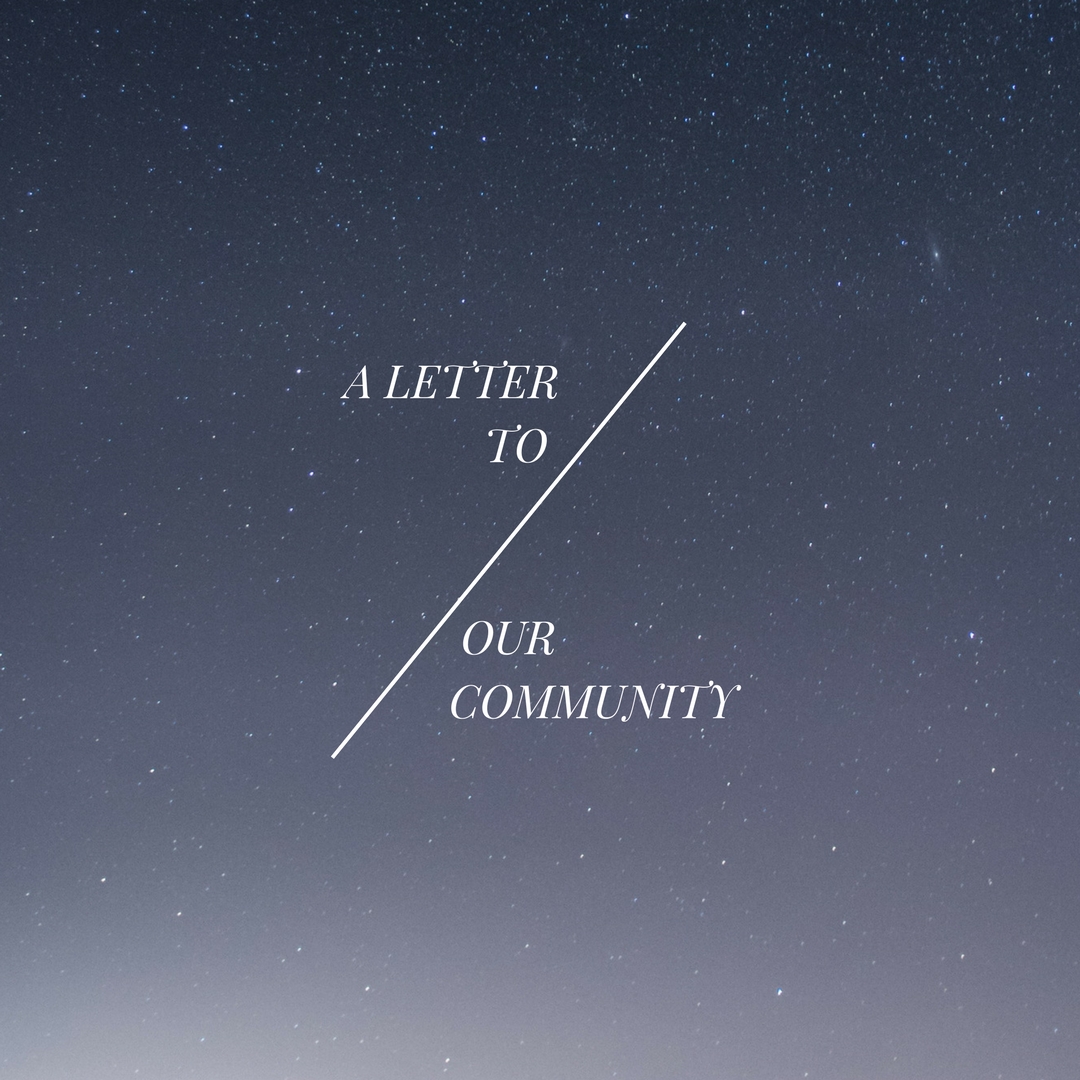
Our name is Campus to City Wesley. We wear t-shirts, flaunt bumper stickers, and gather together under the banner “Campus to City” because it is our stated purpose to fulfill the ancient words of Isaiah 61 verse 4:
They shall rebuild the ancient ruins; they shall raise up the former devastations; they shall repair the ruined cities, the devastations of many generations.
Our name bears too the name of John Wesley, founder of the United Methodist Church, a man famous for arguing for the notion of Christian Perfection – the idea that in this life, Christians could achieve a state where the love of God “reigned supreme in their hearts,” giving them outward holiness. Wesley believed that this love of God could be cultivated, and so he emphasized the gathering of small Christian groups that developed intensive and personal accountability, discipleship, and devotion to religious discipline. Thus, through devotion to discipline embedded in community Wesley calls the Christian to:
“Do all the good you can,
By all the means you can,
In all the ways you can,
In all the places you can,
At all the times you can,
To all the people you can,
As long as ever you can.”
This semester, we’re reflecting upon the Kingdom of God. A few weeks ago, some in our community were posed the question: “What is resonating with you so far in the Kingdom of God conversation.” The responses were as follows:
“That the Kingdom is a posture we can live into now, not just a future hope.”
“We’re just as much part of God’s story as the prophets, messengers, angels, teachers and disciples who came before us.”
“That when Jesus talks about the kingdom of God, he’s not just talking about what it will be like in the future, he’s talking about what we can do now to bring the kingdom to the present.”
“When God calls us to be the salt and light of the world, he is calling us to be our best self so that we can focus on bringing out the best in others.”
“It is now. It is active.”
It is therefore clear that we stand together in our belief that the Kingdom of God is “Now.” It is also clear that we recognize – or are beginning to recognize – the degree to which we are intimately bound up in Christ’s story of salvation and redemption; that indeed we are called to the continuous appropriation of Christ’s life; and so, with Christ within us and moving us, to rebuild, raise-up, and repair the creation story in which we find ourselves.
I write now in hopes that we might allow our conviction about the availability of the Kingdom of God to seize our hearts. Our sort of Christian community is sometimes critiqued as being no more than a club; that we gather, sing songs, eat a meal, say a few spirited words, and get on with our lives as before. This critique is not without foundation. It’s imperative that we, the young adults who will come to shape and inhabit the body of Christ, move in the faith that we are in truth the salt of the Earth. Our professed Christianity is not a brand, nor a social club. It is a movement, a choice made daily. We gather together not just because we enjoy each other’s company, but because we need each other as members of one body.
I pray we everyday move in the world not from some sense of responsibility – we know how often we fail to meet our responsibilities – but from the posture and character of our hearts. Our world needs our hearts.
On February 14th, seventeen people were shot dead by Nikolas Cruz, a freshly orphaned and alienated young person who was described by classmates as “weird” and “a loner.” It was Valentine’s day. For us in CCW, it was also Ash Wednesday.
In her article “The Spiritual Lessons of a School Shooting on Ash Wednesday,” Valerie Shultz notes the tragic significance of an Ash Wednesday marred by violence and suffering: “We receive our ashes as a sign of repentance, of our yearning for God’s forgiveness, of our intent to live our faith more truly in the face of our mortality… The ashes that mark our foreheads only last for a day, but the mark this makes on our hearts is meant to endure for the entire 40 days of Lent. And so, how sadly, tragically, wretchedly fitting is… this Ash Wednesday. We will carry these stories with us. Again, again.”
Friends, we will carry these stories with us. The stories of our lost and lonely, of our poor and powerless, of our suffering and starved, and of our children sacrificed to the altar of the gun. Again and again.
I write from the conviction that the Kingdom of God is not found in helplessness and hopelessness. It is not found in shielding ourselves from grief. It is not in mere “thoughts and prayers” that cost us nothing, nor in social media activism. It is not in compassion fatigue, in forgetting, or in throwing our hands up in apathy.
The Kingdom of God is in the conviction – the movement of faith – that Christ is within us; that our faith is not impotent to the profound spiritual need of our world. We – you and I – must come to know in the marrow of our bones that the power of our faith is in its posture, its movement, and its response to the experience of a God who so overwhelmingly Loves us and all of creation.
We – you and I – must daily listen and continually hear again that our faith is not powerless to the seemingly overwhelming need of the world. It is crucial that we recognize that to meet that need, we must truly begin to act in faith of three things that we already in theory agree upon:
(1) That we shall rebuild the ancient ruins, raise up the former devastations, and repair the ruined cities.
(2) That we are called to be Jesus’ body in the world, proof that he overcame death.
(3) And that by doing so, inherit and live into the Kingdom of Heaven as it exists now.
Lent is for turning around and starting over in preparation for the New Life that is to come on Easter. The heart of our New Testament, of our Good News, is that New Life in Christ is available to those who believe. What does our belief look like?
May we this Lenten season truly repent, and turn towards a God whose yoke is easy and burden is light. May we pray and fast and read and give as Jesus did, for this is how we become like him. May we know that our spiritual heroes – MLK, Gandhi, Abraham Joshua Heschel, Dorothy Day, Thoreau, and Rumi – are not a different species of human than ourselves.
May our hearts, marked by the ashes of repentance, beat in pursuit of Thy Kingdom Come, knowing in our souls that it is Christ who inhabits the spaces in between.
Media Fellow



